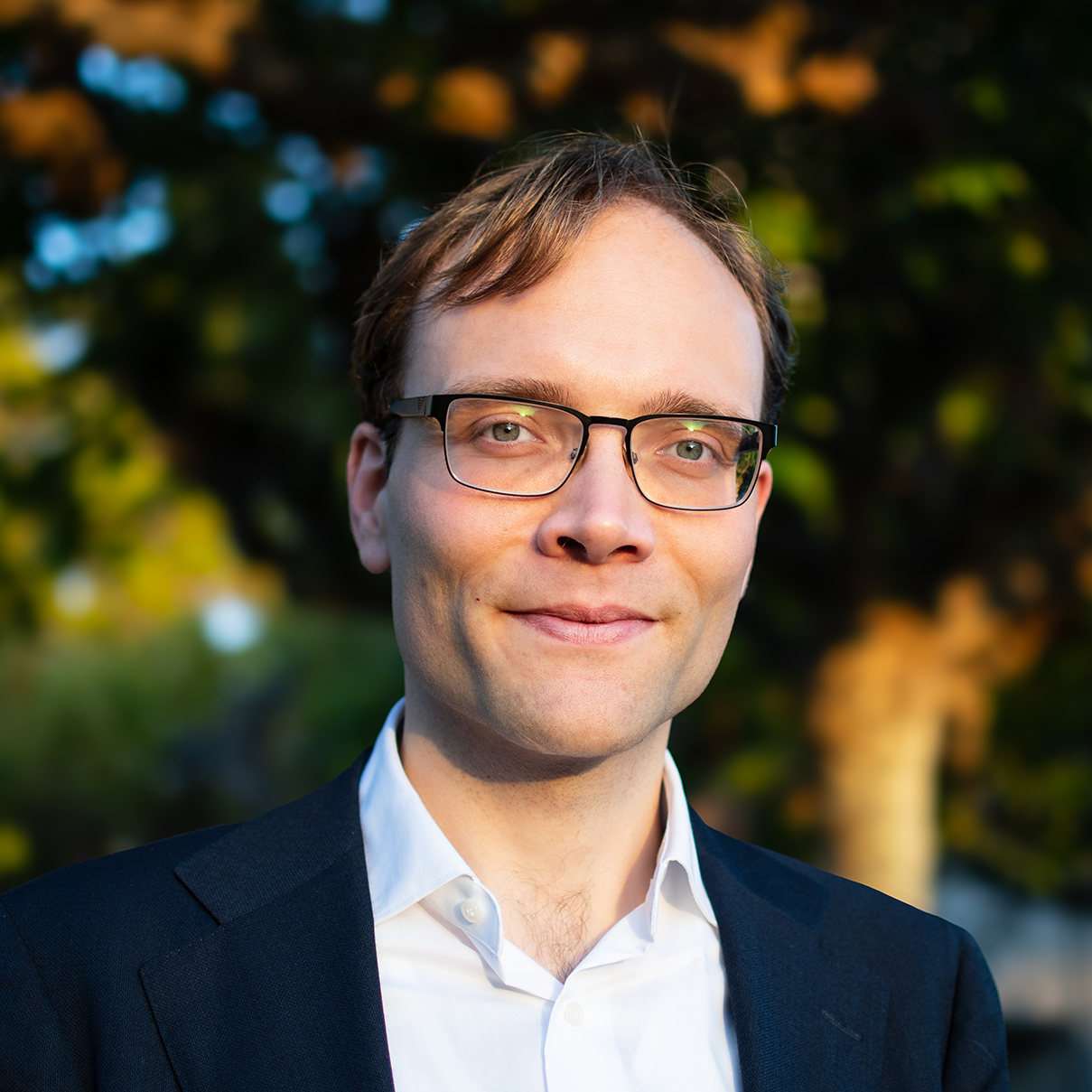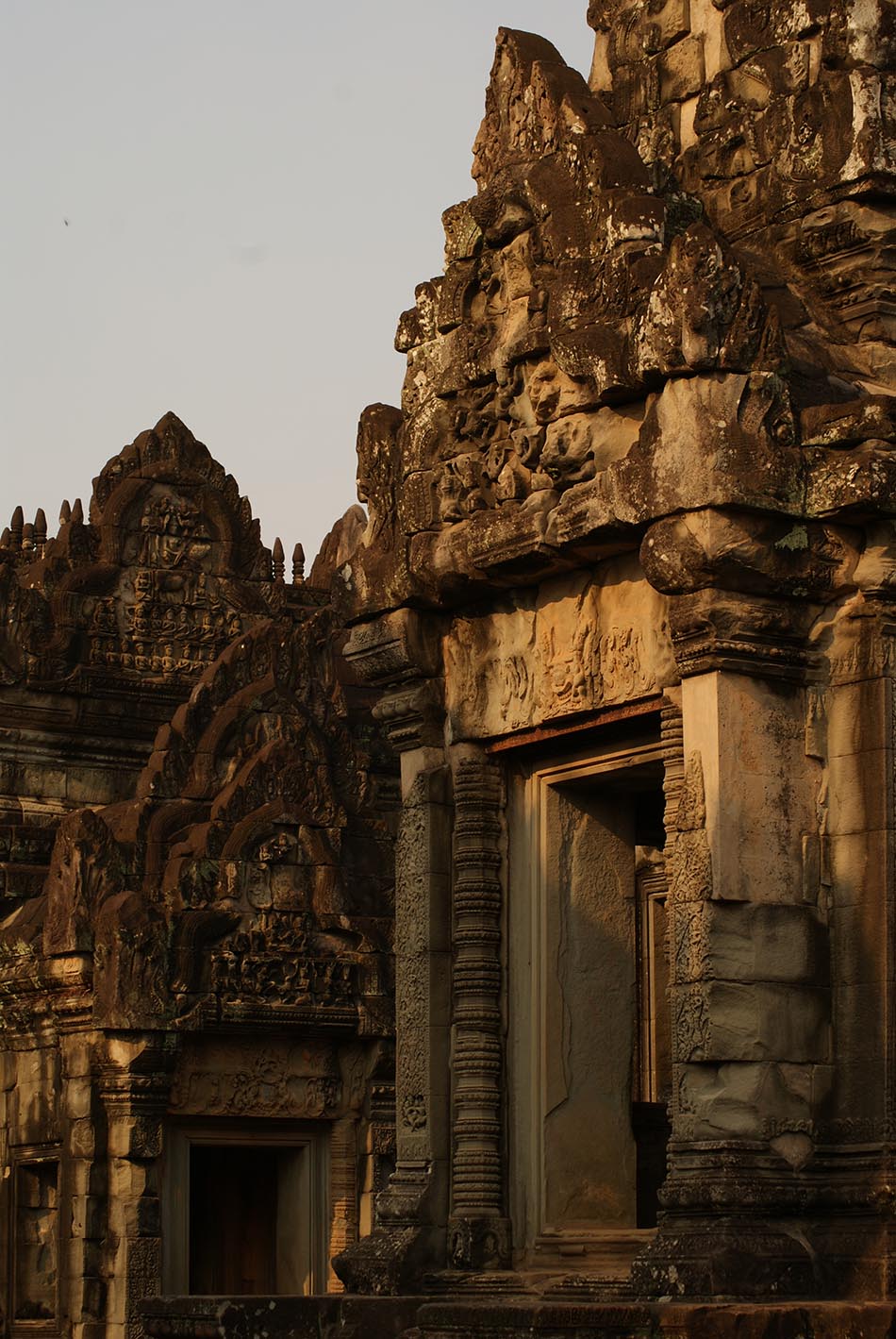
Professor Jiang Wu
This lecture centers on the recent translation of Professor Jiang Wu’s monograph, offering a comprehensive examination of the complex history and reinvention of the Chan Buddhist tradition in 17th-century China. During the dynamic period from the late Ming to the early Qing dynasties, Chan Buddhism underwent significant ideological debates and sectarian divides, particularly concerning the transmission of Dharma lineages and divergent understandings of the meaning of enlightenment. By reconstructing this often-overlooked tradition, the lecture seeks to uncover the rich tensions, intellectual exchanges, and internal conflicts within 17th-century Chan, inviting us to re-evaluate its historical and religious significance at the Ming-Qing transition.
The lecture will begin with an overview of the religious landscape of 17th-century Chinese Buddhism, highlighting the development of Buddhist communities during the late Ming period, the influence of literati on Chan Buddhism, and the reshaping and spread of the Linji and Caodong lineages. Attention will then turn to an internal Chan dispute over the nature of “awakening,” focusing on the intense opposition between Chan masters Miyun Yuanwu and Hanyue Fazang, as well as the political and religious involvement of the Yongzheng Emperor in this debate. This conflict over awakening not only reveals differing interpretations of practice and enlightenment among Chan masters but also sheds light on the nuanced shifts in Buddhist authority and sectarian relations in late Ming and early Qing China. Additionally, the lecture will examine one of the central events in the dispute over Dharma lineage: the “two Daowu” controversy, which involved the contrasting interpretations of Tiānhuáng Daowu and Tiānwáng Daowu. This conflict sparked prolonged debates within Chan circles from the late Ming into the early Qing and extended to Japan, exerting a lasting impact on East Asian Buddhism.




